Intern Insight: Madalina Cupsa
Since January, undergraduate bioengineering student and aspiring physician Madalina Cupsa has worked as a research assistant intern at The Mount Sinai Hospital in Manhattan’s Upper East Side. Through her role in the hospital’s lab, she’s gained exposure to the research side of the field, teaching her that medicine and scientific study go hand in hand.
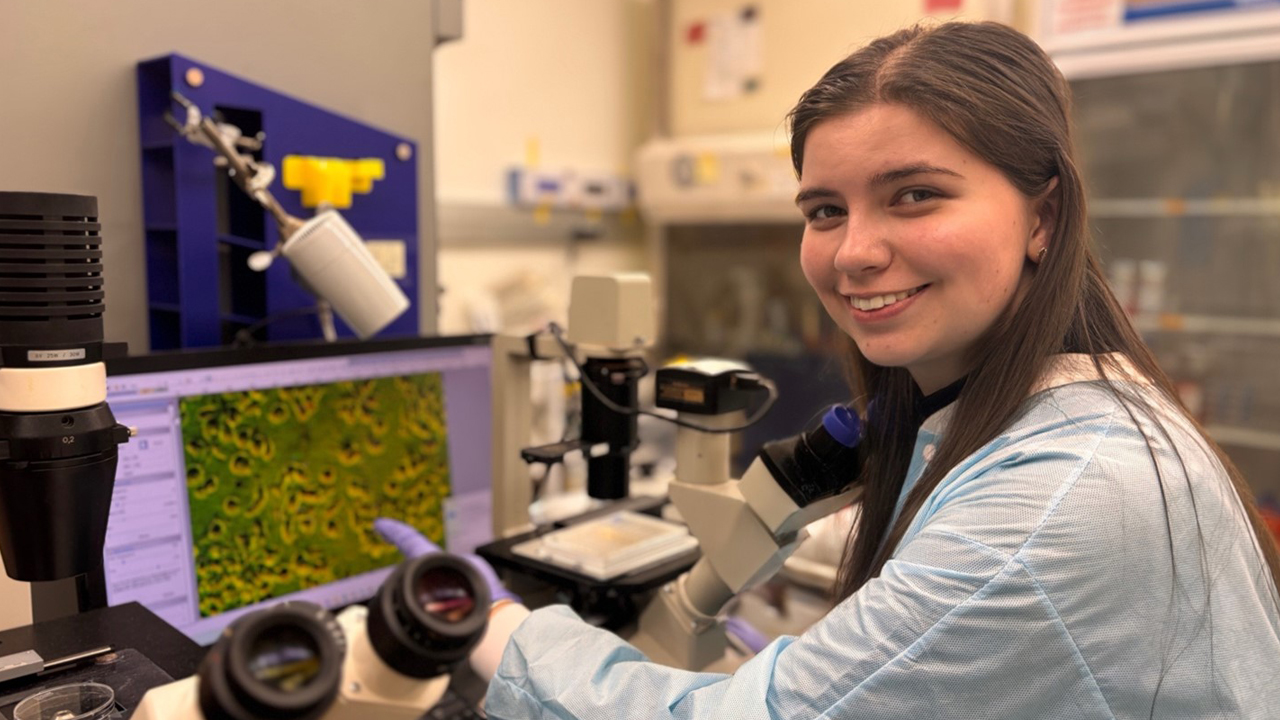
This experience marks Cupsa’s first time in a research environment outside of New York Tech’s teaching labs. With the help of her on-site mentors, she quickly immersed herself in the rhythm of cell culture, learning sterile techniques, cell counts, reagent prep, labeling, organizing samples, and logging all activities. She also shadowed senior researchers, picking up good lab habits and safety smarts.
After completing her initial internship, the hospital offered Cupsa the opportunity to continue interning through the fall semester. She is pursuing her bachelor’s degree on the New York City campus, making it easy for her to pick up extra time at the hospital. She works two to three days a week, with some days involving up to eight hours of experiment-heavy procedures around equipment, including centrifuges and incubators. On lighter days, she handles maintenance tasks such as media changes, cell changes, and general cleanup.
“I’ve always known I wanted to go to medical school, but working in the lab helped me understand what it means to approach problems like a scientist,” Cupsa says. Observing how doctors rely on research to guide patient care, she now understands that discoveries in the laboratory can shape treatments in the real world.
She is currently working on a lab project that uses the UK Biobank—a comprehensive dataset of biological, health, and lifestyle information—and focuses on analyzing proteomic data (proteins present in a biological sample) from patients with age-related macular degeneration (AMD). This work shows Cupsa how powerful data science can be in biology.
In addition to her AMD project, Cupsa has taken on more independent bench work, helps with literature reviews and data organization, and has become confident enough to suggest small protocol tweaks along the way.
“Every day in the lab feels like a mini masterclass. I’ve picked up not just techniques but the logic behind why we do things the way we do, and it’s changed how I think about experiments and problem-solving,” she says.
Interning and training at The Mount Sinai Hospital, a facility known for its rigor and impact, provides Cupsa with the easylearning curves, intelligent colleagues, and meaningful science she needs to nurture her growing interest in cell biology. On-site seminars and workshops bring together researchers and physicians who share their expertise, teaching her how medicine and science can be deeply collaborative.
“This internship showed me that being a doctor can also mean being a researcher,” she reflects. “It means being someone who never stops asking questions and looking for better answers.”
More News
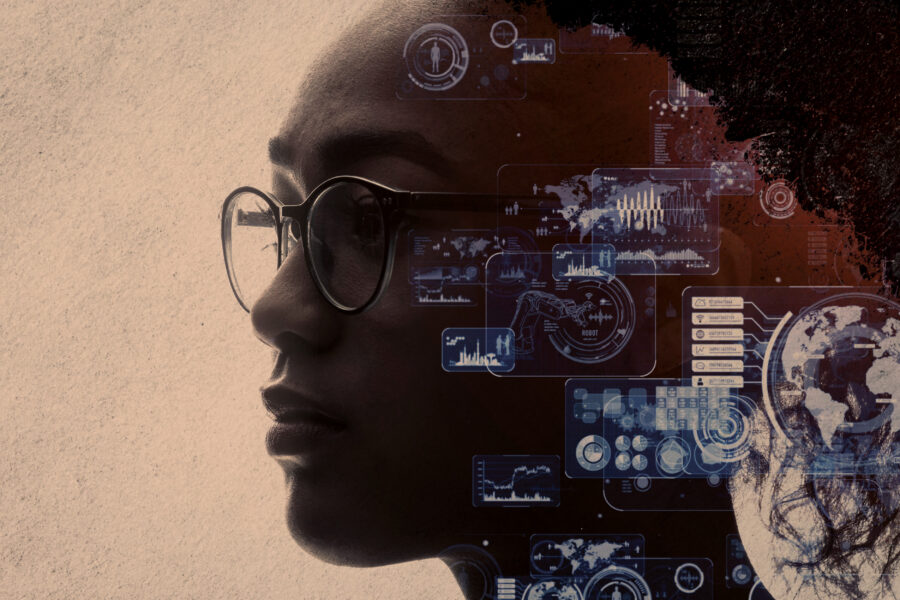
New York Tech Celebrates Women’s History Month 2026
Celebrate women and their many accomplishments during Women’s History Month. Throughout March, the university will host a series of events.
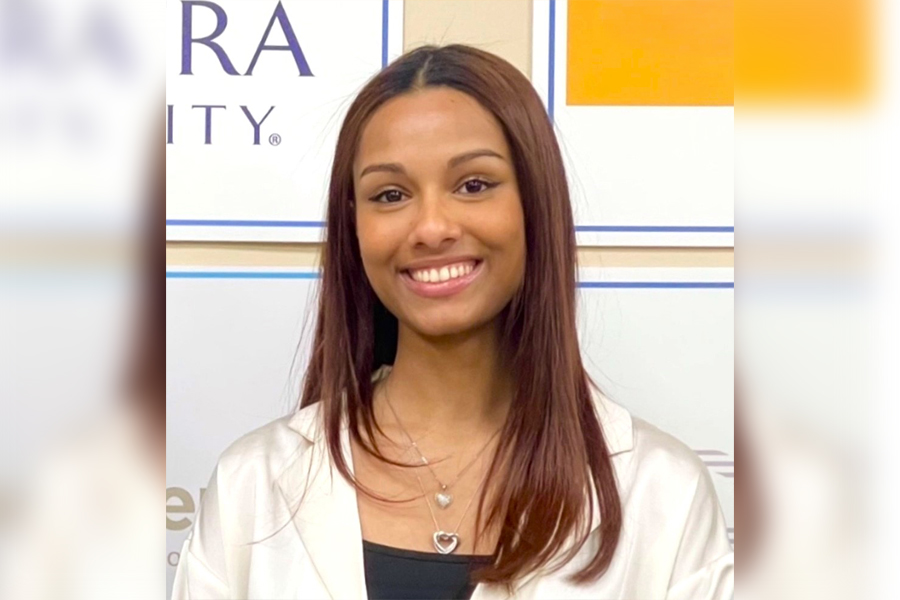
My Co-op Gig: Alisha Karim
Alisha Karim describes her co-op at Northwell Health as a perfect fit, renewing her excitement for a future career in tech.
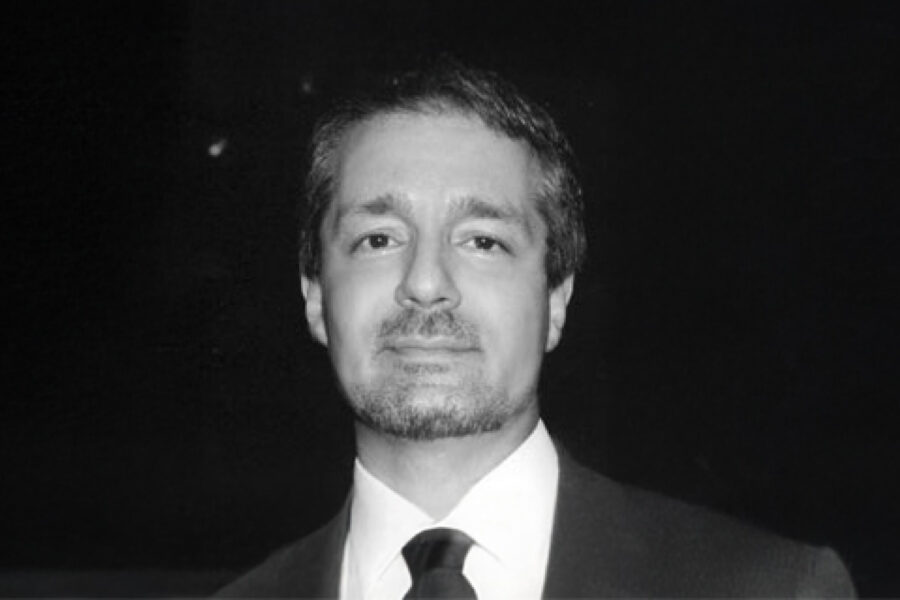
Understanding Sanctuary Cities
Teaching Assistant Professor Michael Izady, Ph.D., led a Dean’s Digital Café conversation about sanctuary cities.
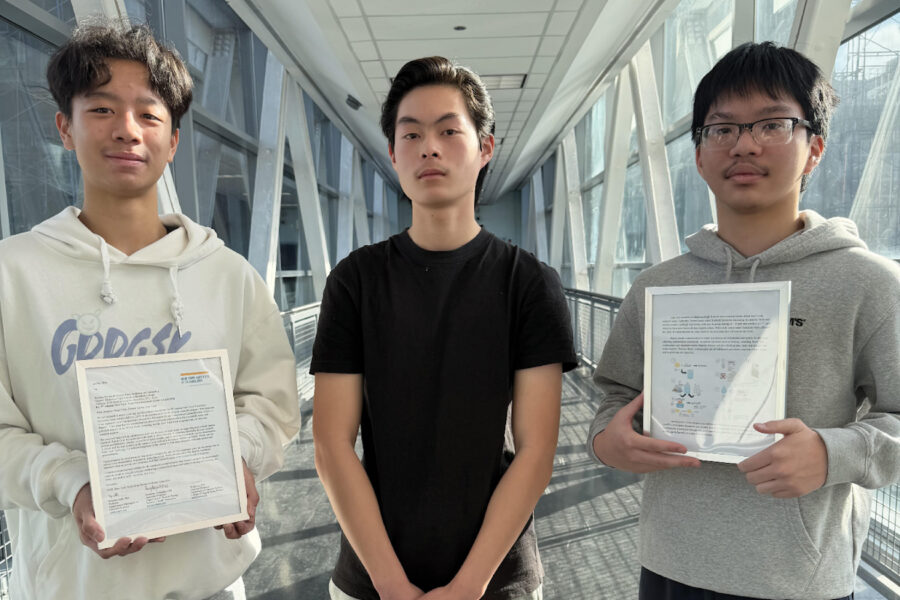
Promoting Early Engagement in Research
New York Tech recently completed the ninth year of its Mini-Research Grants Awards program to encourage high school students to pursue STEM fields.
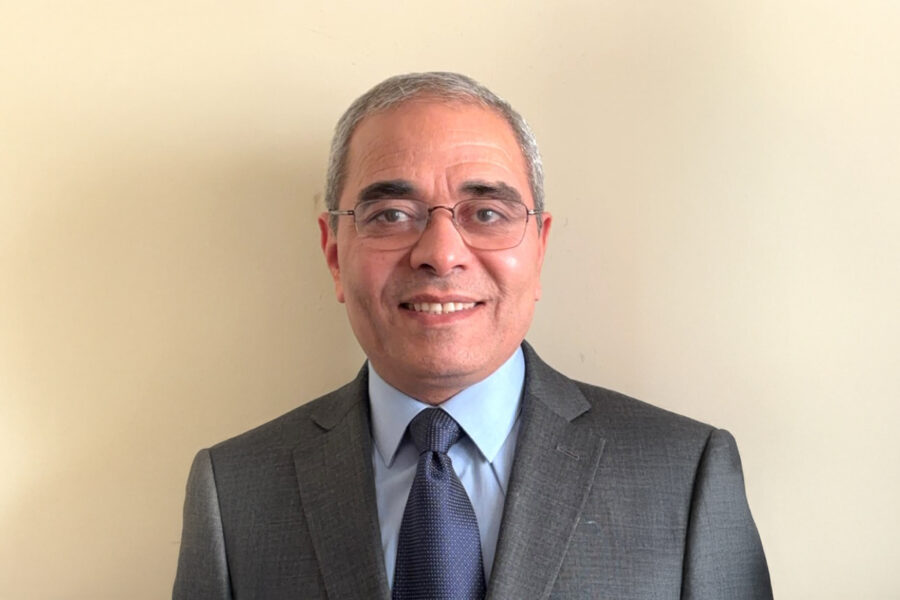
Reversing Bone Loss After Spinal Cord Injury
People with spinal cord injury may lose up to 41 percent of their bone mass in the first year. A new study by the College of Arts and Sciences’ Hesham Tawfeek, MBBCh, seeks to repair this damage.
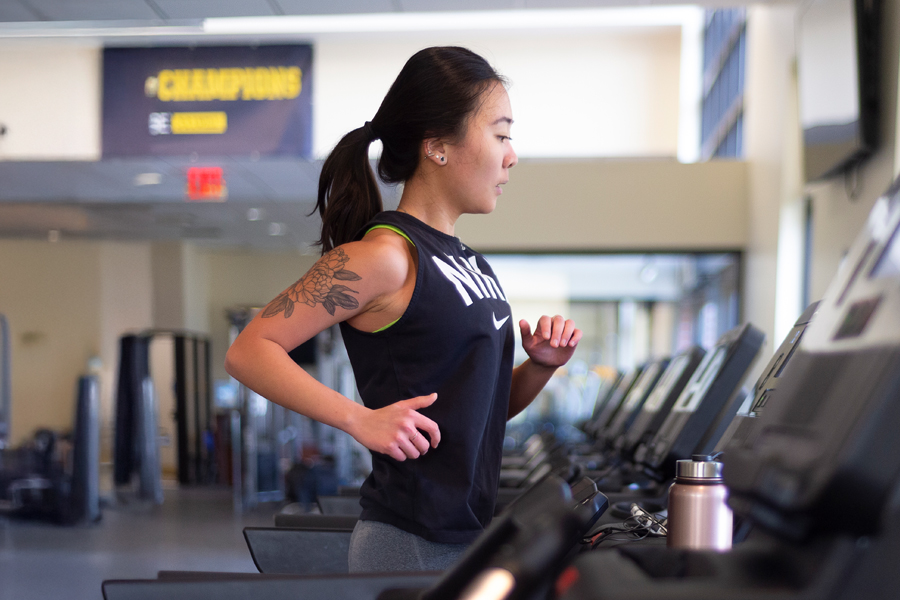
Uncovering the Body’s Fat-Burning Strategy—It’s Math-Driven!
A new study by an NYITCOM-Arkansas researcher finds that the body calculates which fat to burn, choosing those that produce the most usable energy while consuming the least oxygen.